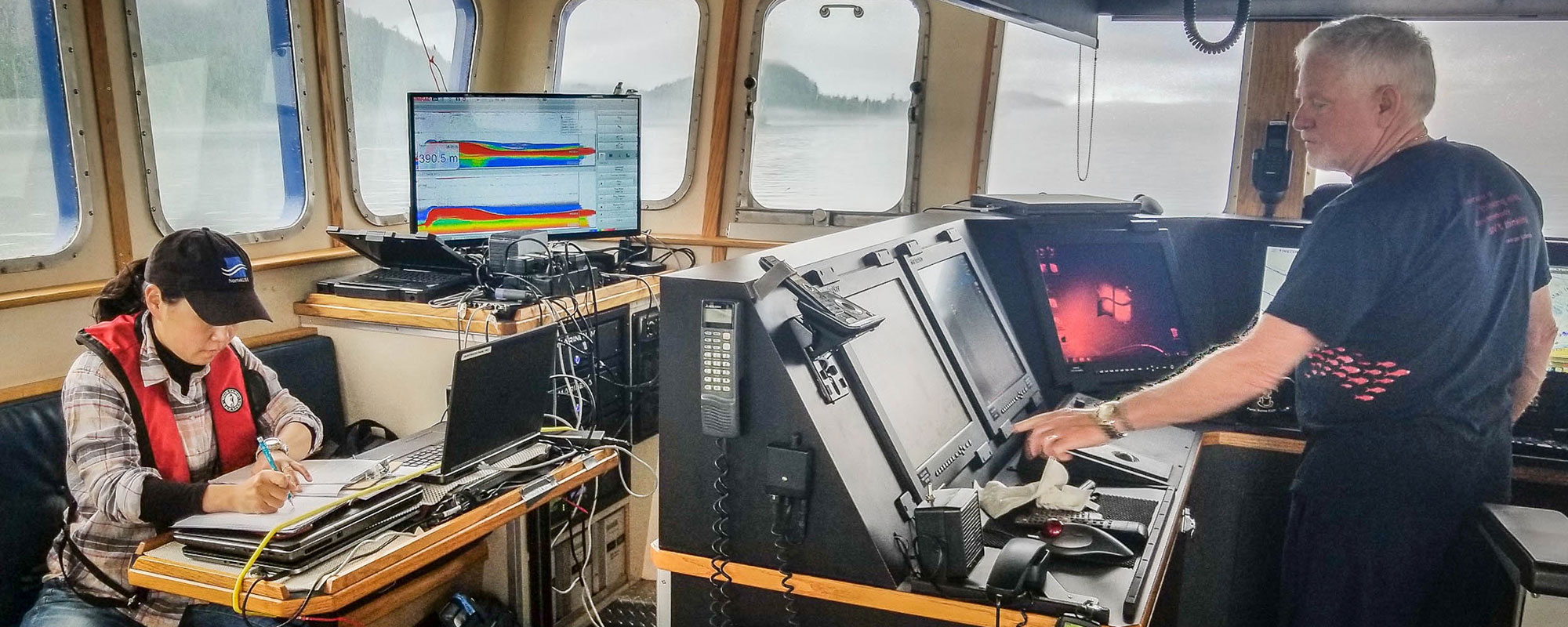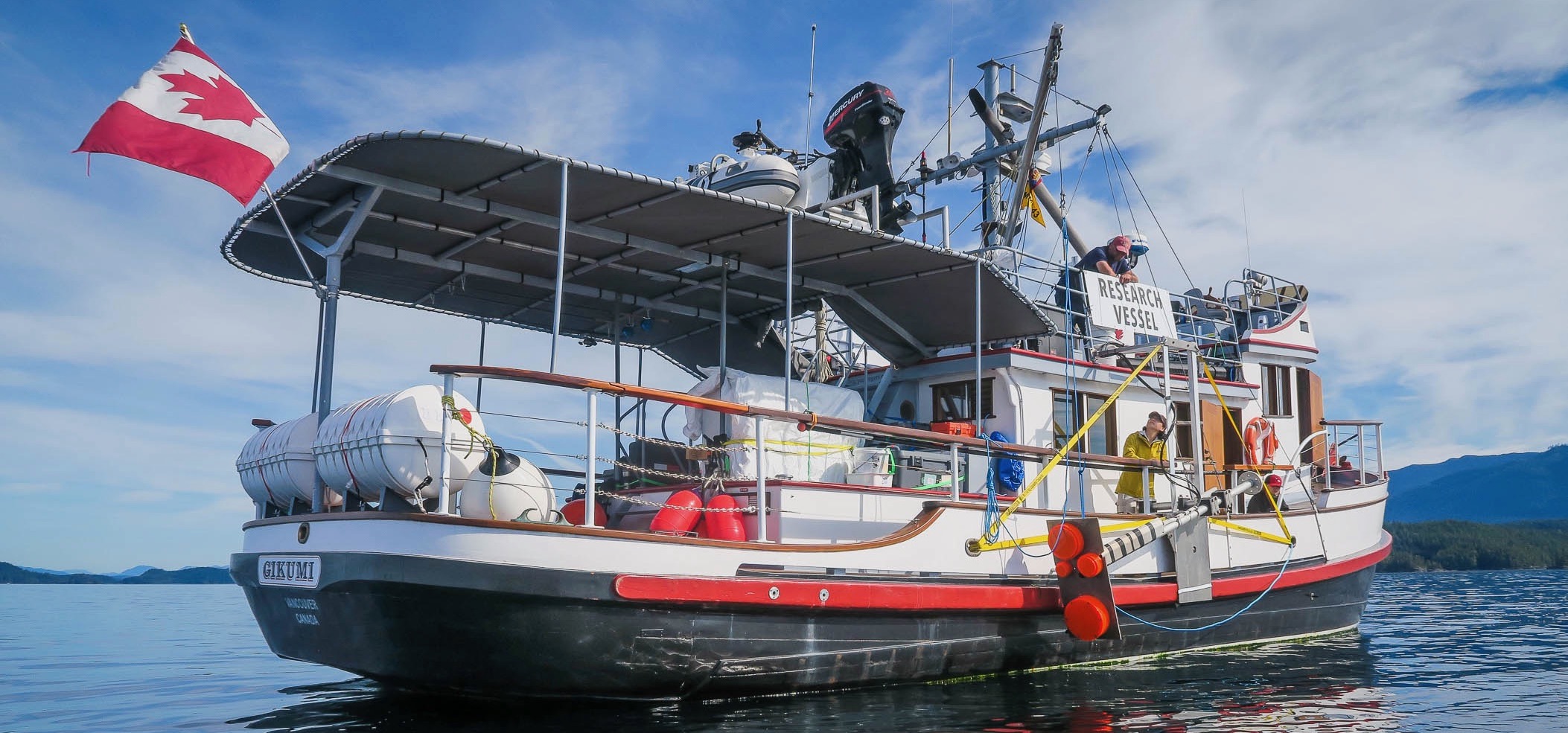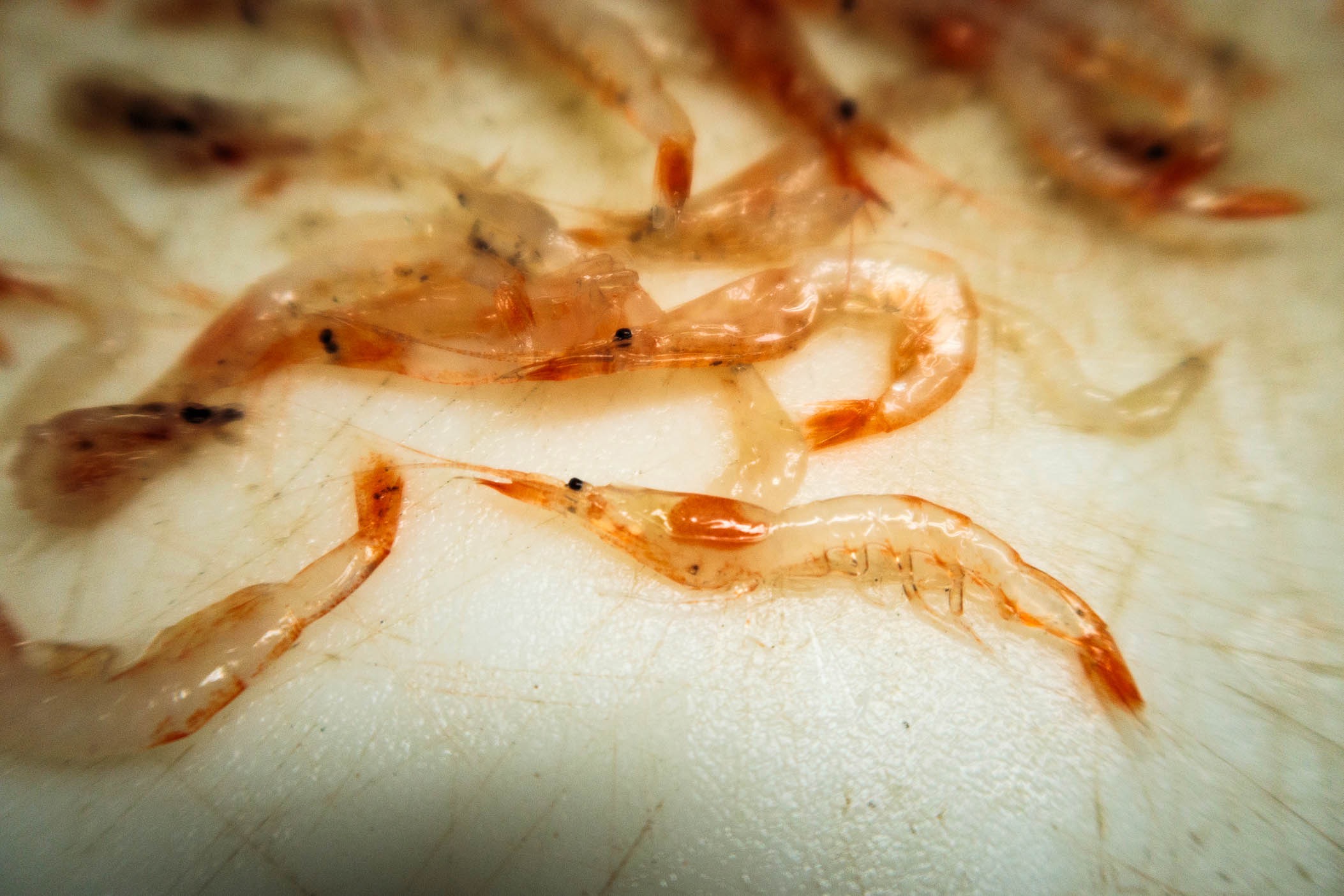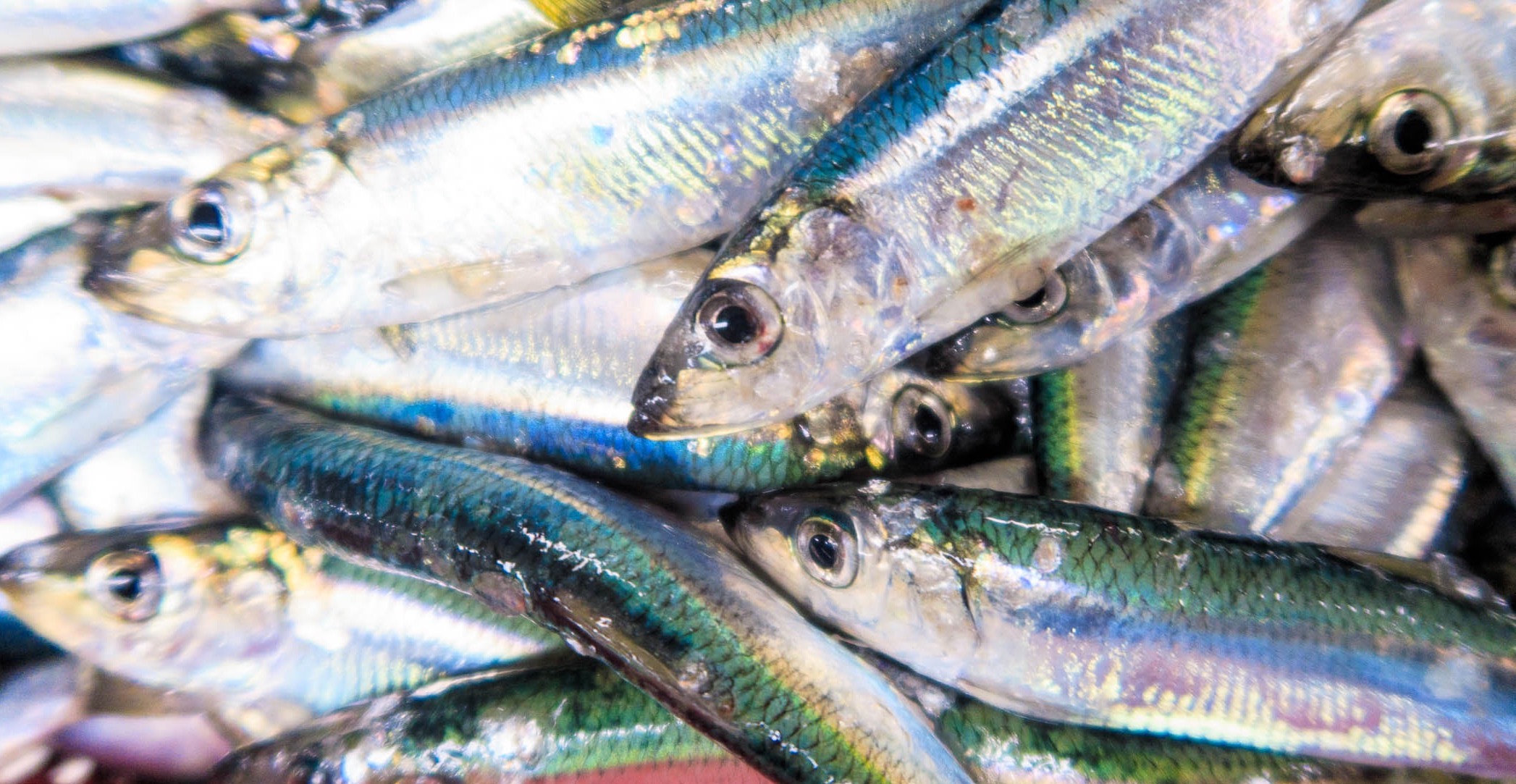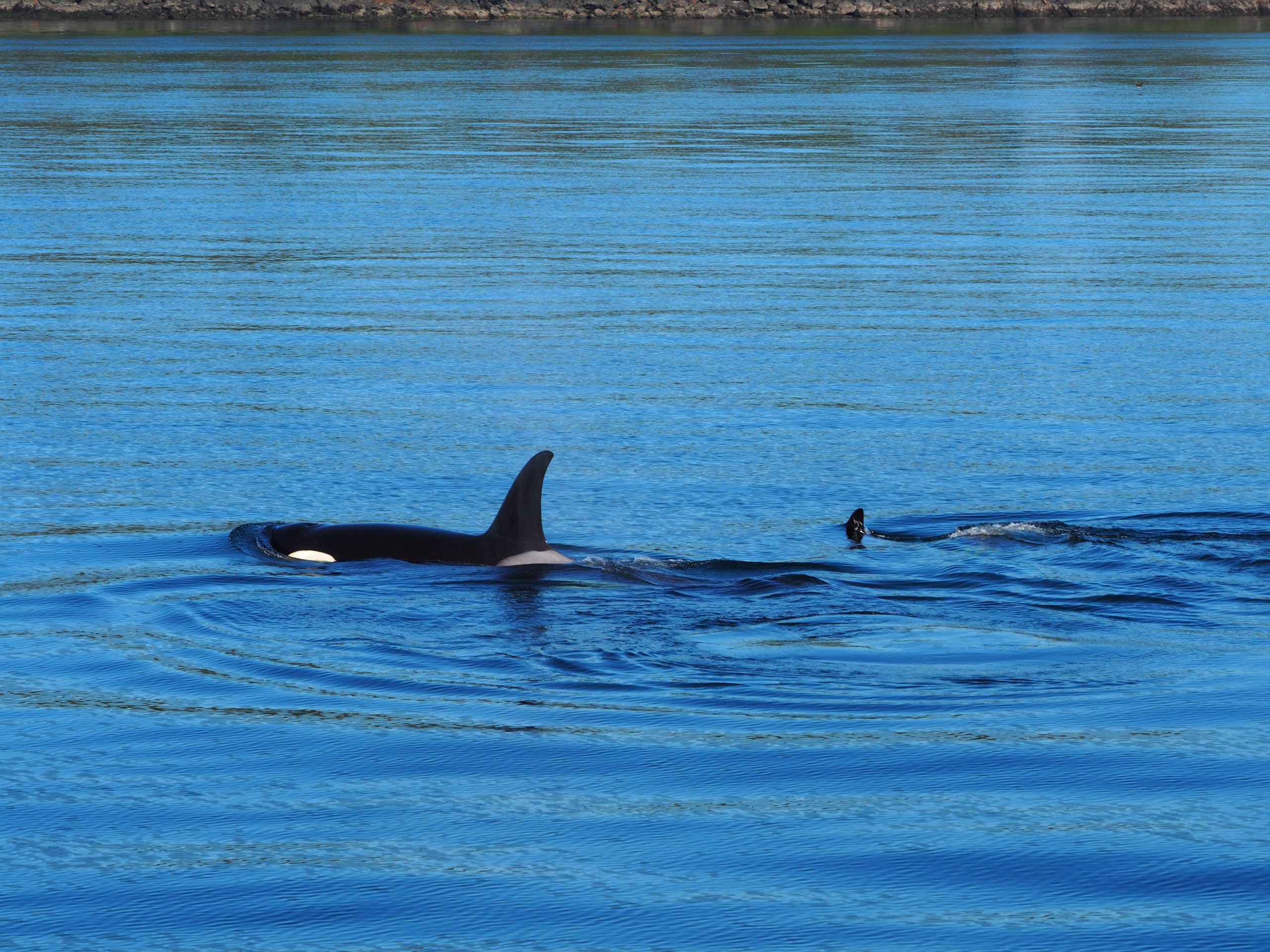How do biological AND physical processes impact life in the ocean?
The ocean is the largest living space on the planet. Understanding the behavior of marine organisms in the context of physical environment and species interactions is an important step to understanding how ecosystems function and how they will respond to a changing ocean. One of the fundamental challenges in advancing our understanding of ecological processes in the ocean is the mismatch in sampling resolution between biology and physics. Active acoustics can provide data on the behavior and distribution of zooplankton and fish, key species in the food web linking primary producers and top predators, with spatial and temporal resolution comparable to physical sensors. Our research focuses on how animals change their behavior in response to biological and physical factors and the effects of these patterns on trophic dynamics in coastal ecosystems ranging from a physically quiet inlet, a tidally-dominated estuary, to an upwelling region.
